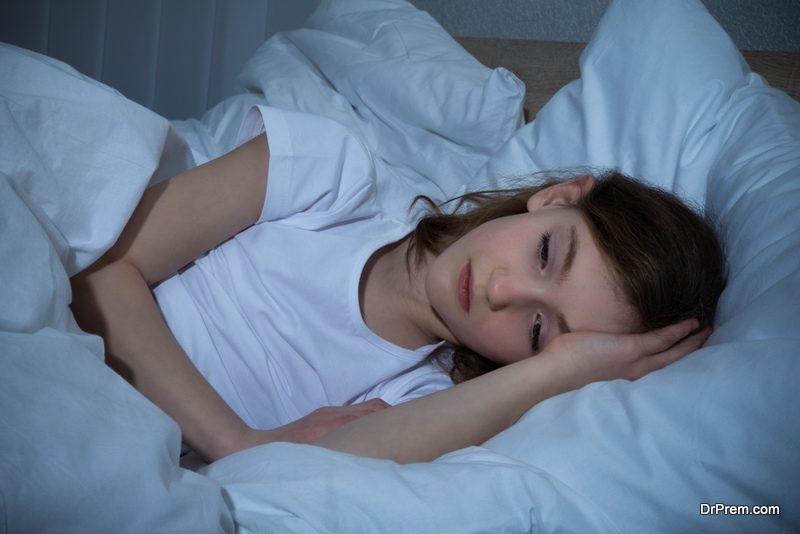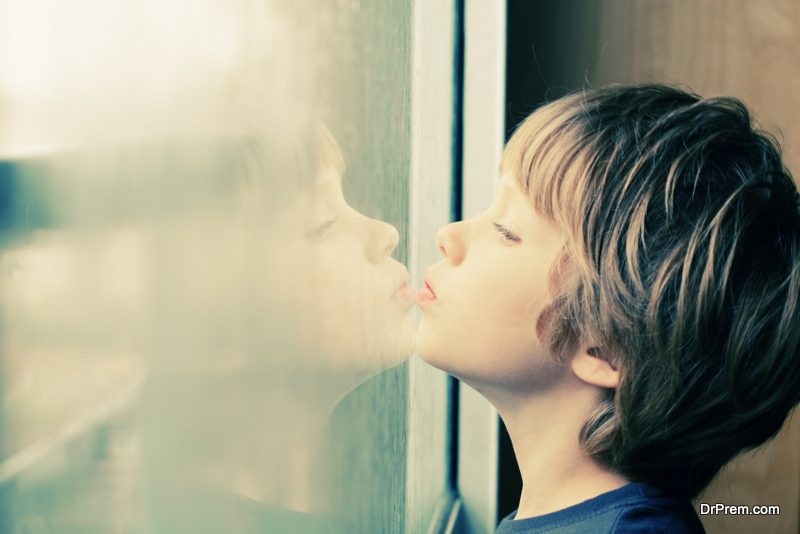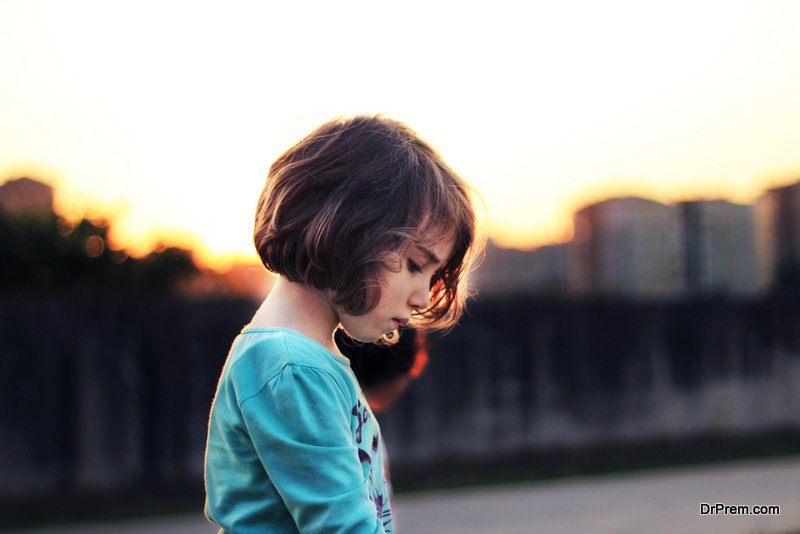Stress affects everyone differently and can cause a host of physical and mental complications. Adult stress is all too common and can stem from a multitude of things from work and family to finances and relationship troubles. But what about stress in kids?
Did you know that an average of 2.8 million American adolescents suffer from anxiety or depression each year? That’s a staggering number and one that makes adults wonder, “What could a kid be so stressed about?” Here we’ll investigate what causes stress, anxiety, and depression in young adults and how you can help to identify and treat it.
Causes
Let’s first take a look at what can cause stress in kids. As adults, we assume that children have a carefree lifestyle. Especially smaller children who have no real responsibility other than attending school and having fun! But unfortunately, there are countless external sources that could be causing extreme distress in your child or a child you know.
School

Perhaps one of the first places that stress begins for young adults is upon entering school. Though this is an exciting time for children as they explore their independence, make new friends, and discover and explore new things, it is also a time of stress, academic pressure, and social anxiety.
Kindergarten used to be for finger painting and playing pretend. Now, Kindergarten is where children are first introduced to reading, are assigned homework, and are required to attend for anywhere between 6 and 8 hours a day. Those are some pretty high expectations for five and six year olds. It’s no wonder they feel nervous and anxious about performing to meet these high standards.
Another element of school that can elicit feelings of stress, anxiety, or even depression in young children is peer interactions and bullying. Sadly enough, 77% of children admit that they’ve been a victim of some form of bullying in the past. Cyber bullying is gaining attention across the globe, as more and more children have access to social media accounts and are using them for intimidation and negative behaviors. Bullying alone can cause feelings of depression, inadequacy, low self-esteem, and self-doubt just to name a few.
Many schools currently have an anti-bullying action plan or program in place. Efforts are being made to combat bullying both in and outside of the school setting. If your child has a social media account, talk to them about cyber bullying – what it looks like and what to do if they’re being victimized. Also, monitor their activity closely and install whatever parental locks and controls are available. If there’s a persistent problem at your child’s school, speak to the teacher or principal. Be a voice for your child.
Family Issues

When a child isn’t at school, they’re at home and that home life needs to be a stable one. A child should feel safe and secure in their own home surroundings, especially when the outside world can be such a scary place. If you have family disruption happening due to a divorce, a custody battle, death in the family, major move, or even an out of control sibling, all these factors can result in extreme stress and anxiety in kids.
Another family issue that is more prevalent today than ever before is the number of parents being deployed for active duty in the military. Not only is the absence of a parent traumatizing for children, but knowing they could potentially be in harm’s way is an extremely scary thought for most kids. Distracted or overly stressed parents can also impact a child’s well-being. If a parent is too stressed or busy to spend quality time with their children, or all a child sees are parents that are anxious and negative, chances are, they’ll internalize these behaviors.
Important steps to addressing at home stressors include first identifying the problem and then seeking help. If the issue is with a recent change in the dynamics at your home (i.e. divorce, deployment, death), perhaps seek out a child psychologist, your pediatrician or even the school’s guidance counselor for tips on helping your child deal with the change. Kids thrive on routine and structure, so any major changes to their environment can be extremely stressful and result in emotional and physical turmoil. Be honest with yourself – does the issue have something to do with you? Are you exhibiting extreme amounts of stress and negativity in front of your child? Try to change your mood or at least shield your child from seeing you in a negative state.
Lack of Sleep

School age children between the ages of 6 and 13 years of age should average between 9 and 11 hours of sleep per night. That means going to bed by 9:00 p.m. in order to wake between 6:00 and 8:00 a.m. for school. Teenagers require slightly less sleep, with the average requirement falling right around the 8 to 10 hour mark. The problem is, many children aren’t getting adequate rest at night.
This is due in part to an overly active and busy schedule, an abundance of homework, and the inability to unplug from the digital world of television, video games, and tablets. When a child doesn’t receive an adequate amount of sleep, their entire body is affected. Tiredness can impact a child’s mood, judgement, memory, and academic performance. If your child is feeling lethargic or is unable to focus during their school day, it may be due to lack of sleep.
You can combat this epidemic by limiting their after school activities to only one, or ones that aren’t held too late at night. Limit screen time at night and don’t allow it too close to bedtime. This can be done by removing a television from their bedroom or storing their tablet somewhere out of reach. Make a schedule for completing homework efficiently and if the workload is overbearing, speak with your child’s teacher.
Warning Signs

Have you noticed a recent shift in your child’s behavior or energy levels? Are they spending more time in their room and showing less desire to interact with others or engage in outside activities? These may be signs that your child is suffering from depression or anxiety due to any of the above mentioned factors. Here are just a few warning signs that your child may be experiencing an abnormal level of stress:
- Physical ailments with no medical cause (headache, stomachache, dizziness, fatigue)
- Changes in academic performance
- Moodiness, irritability, unexplained sadness or crying
- Disruptive sleep patterns (sleeping too much or too little)
- Change in eating habits (eating more or less than normal)
- Withdrawal from friends and activities
These are just a few signs that your child may be experiencing anxiety or stress. It’s always best to confer with your child’s primary doctor or pediatrician. It’s also advised that you contact your child’s teacher or someone at the school, as they may have noticed additional behaviors you are unaware of.
Seek Help

You and your child are not alone in their struggle with anxiety. Unfortunately, anxiety among children is more common now than ever before. The good news is, that means the resources and tools available to help combat stress in adolescents are more readily available and beneficial.
Don’t be afraid to ask for help when it comes to dealing with your child’s anxiety. By remaining patient and informed, you and your child can combat their stress and discover amazing ways to cope, allowing them to lead happy and fulfilling lives.
Article Submitted By Community Writer




